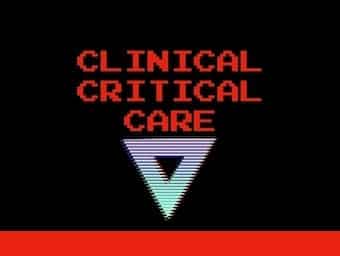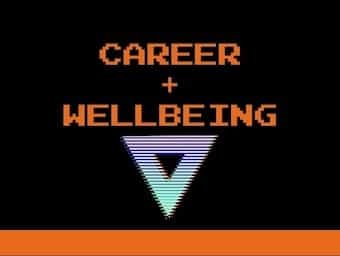
Clot retrieval for stroke
A case example of a large vessel obstruction of the brain and our current techniques available to treat it. How we make decisions on endovascular treatment and management points for emergency and intensive care colleagues.

A case example of a large vessel obstruction of the brain and our current techniques available to treat it. How we make decisions on endovascular treatment and management points for emergency and intensive care colleagues.

Muscle wasting in intensive care is the thief of future health. Hugh Montgomery shows us what a big issue this is and what can be done to mitigate the problem.

If we put "emotion before cognition" and respond with empathy and curiosity instead of "answering feelings with facts" we build trust and learn values. The patient perspective with Laura Rock

The most challenging moments in resuscitation are often not the clinical decisions. Learning to react, accept, reset and engage is a psychological tool that can help us all.

A (happy) error: or why you should "mind the gap" with Peter Brindley

A growing distrust in doctors presents challenges in the neuroICU. SMACC presentation with Celia Bradford

Grace Leo runs a workshop exploring what creativity really is, with special guest and Hugh Montgomery.

Update in current chest pain protocols and risk stratification with the use of high sensitive troponin with Barbra Backus

Peer review lets you see yourself, and your abilities as the rest of the world sees you. Simon Carley

Measuring patient outcomes is at the core of prognostication and research in neurocritical care, but there is increasing concern that the way we define and measure outcomes is failing to capture the patients experience.

The rehabilitation of people who have cognitive impairment after TBI should be based on an understanding of what is the likely cause of that impairment. Des Gorman

The secret of success in teams is not individual behaviour, it's team-based.At the core of every elite team is psychological safety with Chris Hicks